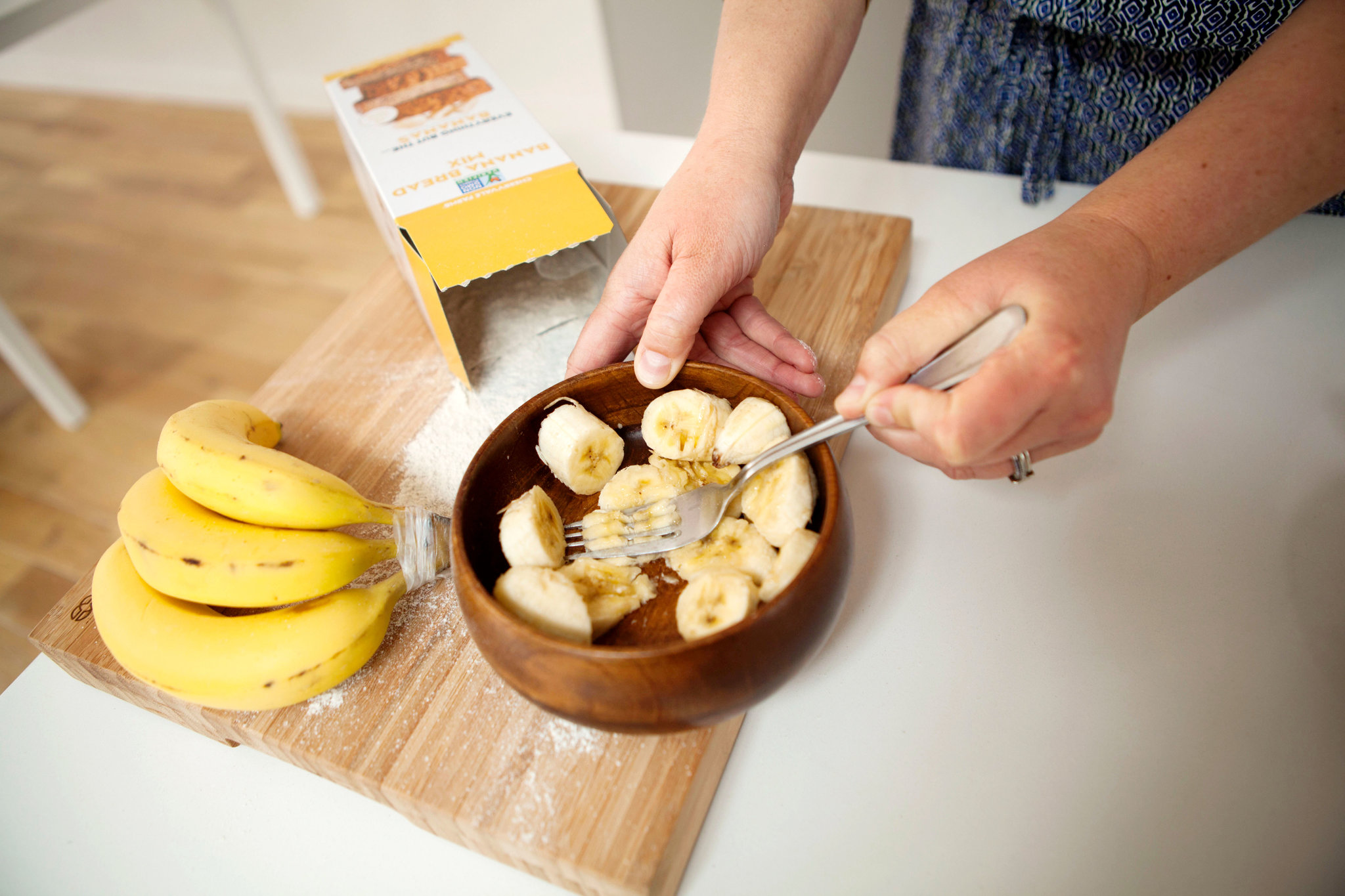So, you’re diving into the world of 3rd party food manufacturers, huh? Been there, done that, and boy, do I have some stories. It’s not as simple as just handing over a recipe and watching the magic happen. Let me walk you through my own little adventure with this stuff.

It all started a few years back. I had this killer idea for a range of artisanal hot sauces. I’m talking unique flavors, premium ingredients – the whole nine yards. I’d been making them in my kitchen, giving them to friends and family, and everyone raved. “You should sell this!” they all said. And I thought, yeah, why not? How hard could it be?
Well, making a few dozen jars in your home kitchen is one thing. Producing enough to actually sell, get into stores, or even just handle online orders consistently? That’s a whole different beast. My tiny stove and pots weren’t gonna cut it. So, I figured, “Okay, I need a co-packer, a 3rd party manufacturer.” That’s when the real “fun” began.
I started by just Googling, you know, “food manufacturer near me,” “co-packer for sauces,” stuff like that. Made a list. Started making calls. And let me tell you, that first round of calls was a splash of cold water to the face. Most of them, the first question out of their mouths was, “What’s your current volume?” or “What are your projected annual units?” I’m sitting there like, “Uh, I’ve sold about 20 jars to my buddies?” You can imagine how those conversations went. Most were polite but quick to say I was too small for them.
Then came the topic of Minimum Order Quantities – MOQs. Oh boy. Some places wouldn’t even talk to you unless you were ready to commit to thousands, sometimes tens of thousands, of units for your first run. For a small guy just starting out, with a product that wasn’t even tested in the market yet? That’s a massive risk. Where was I going to store all that? What if it didn’t sell?
I remember finding one place that seemed promising. They were smaller, seemed more open to working with startups. I was excited. I sent them my prize-winning habanero-mango recipe. Weeks later, I got back a sample. Man, it was… different. Not bad, exactly, but not my sauce. They’d “optimized” it for their production line, tweaked a few things for shelf stability. It lost some of its soul, you know? That was a big learning curve – communicating your exact needs and making sure they can replicate your quality and unique touch.

My checklist of things I quickly learned to ask about
- What are your exact MOQs for a first run versus subsequent runs?
- Can you handle my specific ingredients, or will substitutions be necessary?
- What’s the process for quality control, both for incoming ingredients and the final product?
- Who owns any recipe modifications or improvements made during the scaling-up process? (This one is super important!)
- Can I visit the facility? (A big red flag if they say no or are super evasive.)
- What are all the costs involved? Not just per unit, but setup fees, testing fees, storage fees?
Finding a manufacturer is one thing; finding the right one is another. It’s like dating, almost. You need to find a partner you can trust, who understands your vision, and who you can communicate with effectively. I talked to folks who were super corporate and rigid, and others who were almost too laid back, making me worry about consistency and professionalism.
The costs, too, were an eye-opener. You have your ingredient costs, then the manufacturer’s fee (which includes their labor, overhead, profit), then packaging, then labeling, then shipping. By the time you add it all up, that price point you thought was so great for your artisanal sauce? It starts looking pretty slim in terms of actual profit, especially if you want to sell it wholesale to retailers who will add their own markup.
So, what happened with my hot sauce empire? Well, after months of searching, a few sample disappointments, and a lot of number crunching, I actually found a small, family-run place that was willing to do a smaller test run. It took a lot of back and forth, a couple of facility visits, and a whole lot of patience. We got pretty close to my original recipe, too. But by then, I’d learned so much about the business side of things, the distribution challenges, the marketing costs… and honestly, some of the initial fire (pun intended!) had fizzled out for that specific project. I realized that just having a good recipe isn’t even half the battle.
I didn’t end up launching that hot sauce line on a massive scale. Instead, I took all those learnings and applied them elsewhere, sometimes helping other small food startups navigate this maze. The biggest takeaway for me? Patience and due diligence are everything. Don’t rush into a partnership. Ask all the questions, even the ones you think are dumb. And be prepared for it to be harder and take longer than you think. But if you find that right partner, it can make all the difference. It’s a tough game, this food manufacturing world, especially for the little guys, but not an impossible one if you go in with your eyes wide open.
